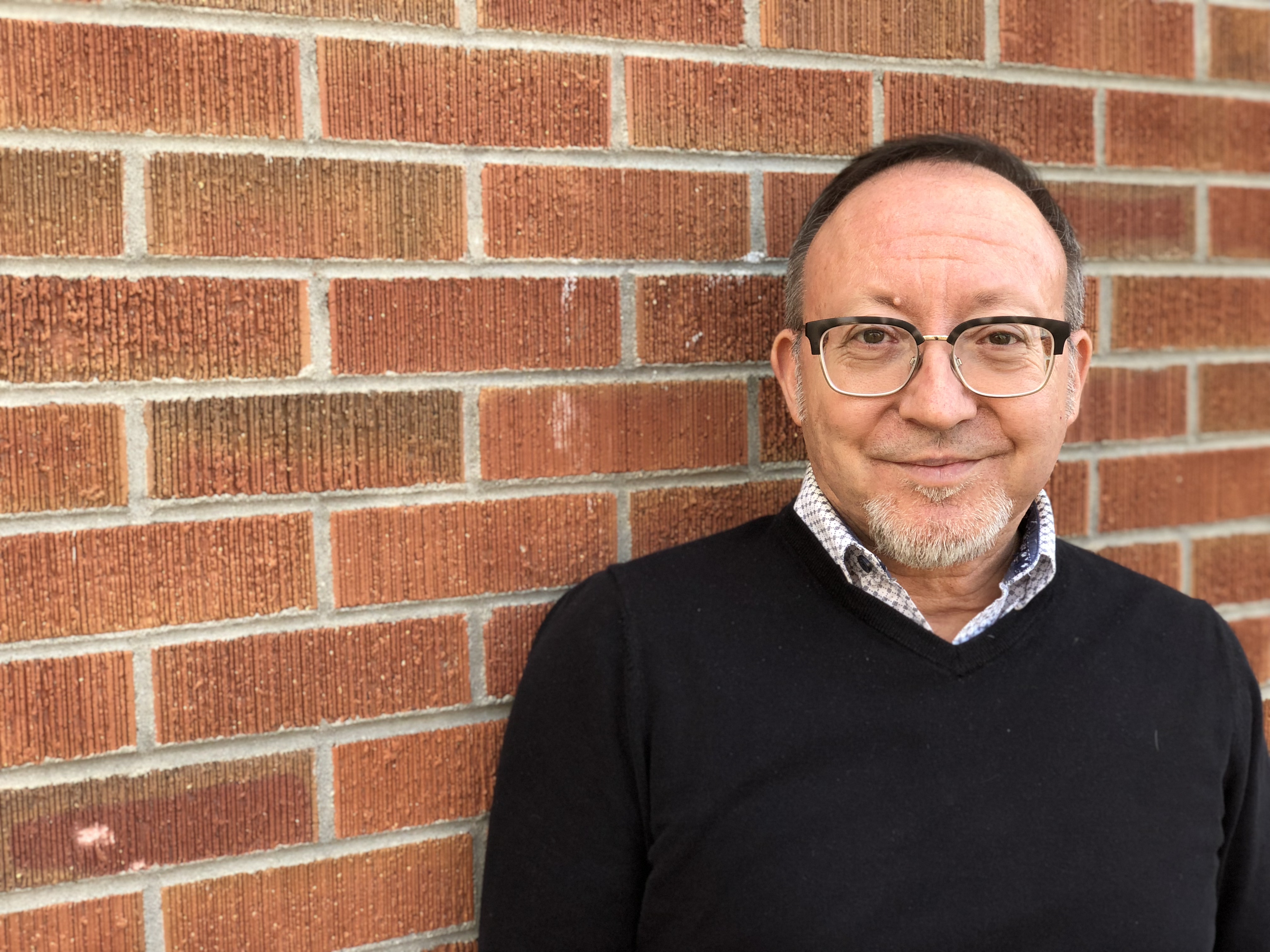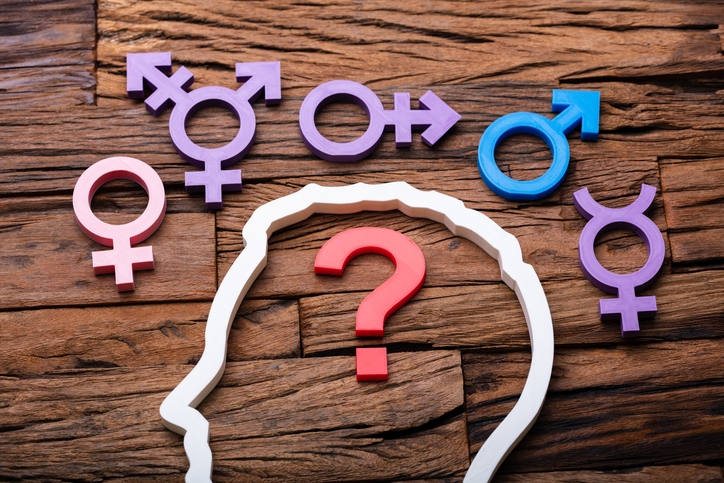“What is gender, and how is it related to sex? Sex and gender used to be synonyms. Everything we’ve said about sex could also be used to describe gender. Sex was gender and gender was sex. But ever since the late 1960s, the terms sex and gender have been used to describe different aspects of our male and female experience” (Preston Sprinkle, Embodied, p. 22).
When Did They Become Different Things?
“Mommy, how do I know I’m a boy?” A dear friend shared this story with me recently. Her inquisitive 7-year-old posed the question out of the blue to her one afternoon. I thought her reply was ingenious, “Because your body tells you, that you are a boy.” These days, seemingly simple questions aren’t so easily answered. The above quotation of Dr. Preston Sprinkle gives us a picture of the battle going on in our current culture. I remember very well when sex and gender were synonymous. On applications it would ask for “gender,” and I’d check off “male.” But over the last 60 years and because of various influences, these two facets of our personhood are getting farther and farther apart.
Let’s start with some definitions. Sprinkle goes on to say regarding our biology, “The American Psychological Association says, ‘Sex refers to a person’s biological status and is typically categorized as male, female or intersex. There are a number of indicators of biological sex, including sex chromosomes, gonads, internal reproductive organs and external genitalia’” (Preston Sprinkle, Embodied, p. 21).
What makes up our male and female biology is what we learned in basic science class. Someone is either male or female (we’ll leave the important intersex question for another article) based on XX or XY chromosomes, internal reproductive organs, external sexual genitalia and the development of secondary sexual characteristics at puberty. We are sexually dimorphic creatures, and as my friend told her son, our bodies tell us if we are male or female. I heard a speaker once say if he was dug up 100 years from now, you’d be able to tell that he had been a male—because it’s in our very bones. Yet isn’t it interesting in our therapeutic and wellness avenues we are encouraged to “listen to our bodies”? They will tell us what we need. The only place we’re not encouraged to listen to our bodies is in this recent gender conversation.
So, What is Gender Now?
That is a very good question. What exactly is our “gender identity” in today’s world? Is gender simply a social construct created by the patriarchy? It would seem that this view is held by many feminists. On the other hand, I’ve heard it often said “our biology” is what’s between our legs and our “gender identity” is what is between our ears. This would be our internal sense of masculinity or femininity. Do we feel we fit in the world of men or women? Do we feel we fit in both or neither? If it’s all based on how one feels, there can be many more gender expansive identities. Or is gender the ways most men or women behave in any given culture or time? Do most men or women dress a certain way, have certain interests or hobbies based on gender roles or stereotypes?
I believe all 3 definitions may be true. Therefore, it is challenging to have discussions on gender identity right now. You might hold a specific definition of gender while the person you’re talking to has another. It’s easy to miss each other.
What Gives Weight to Our Identity?
Is it sex or gender which tells us who we are? As the culture continues to widen the canyon between these two facets of our sexual identity, there is a sense of exclusivity on either side. Some will say biology has nothing to do with gender identity, while others are all about the body and dismiss gender. I believe both carry important and similar weight as we and our upcoming generation try to figure out these complexities. What are the consequences when either is left out of the definition? We’ll explore that in my next article.

Scott Kingry
Program Director
Although he holds a degree in graphic arts, he attributes his ministry qualifications to the “school of hard knocks.” God’s abundant grace continues to be the instrument of growth in his life, and he desires to be firmly grounded in the forgiveness and freedom of relationship with Jesus Christ.
Scott attends a Presbyterian Church.
Make a Difference in Someone's Life
If you enjoy reading WGA’s blogs and would like to show your support, please consider making a donation. Where Grace Abounds is a 501(c)3 non-profit organization. The majority of services, including support groups and discipleship counseling, are provided free of charge. Your financial gifts help to cover the costs associated with offering a free program to those who seek WGA’s services.

